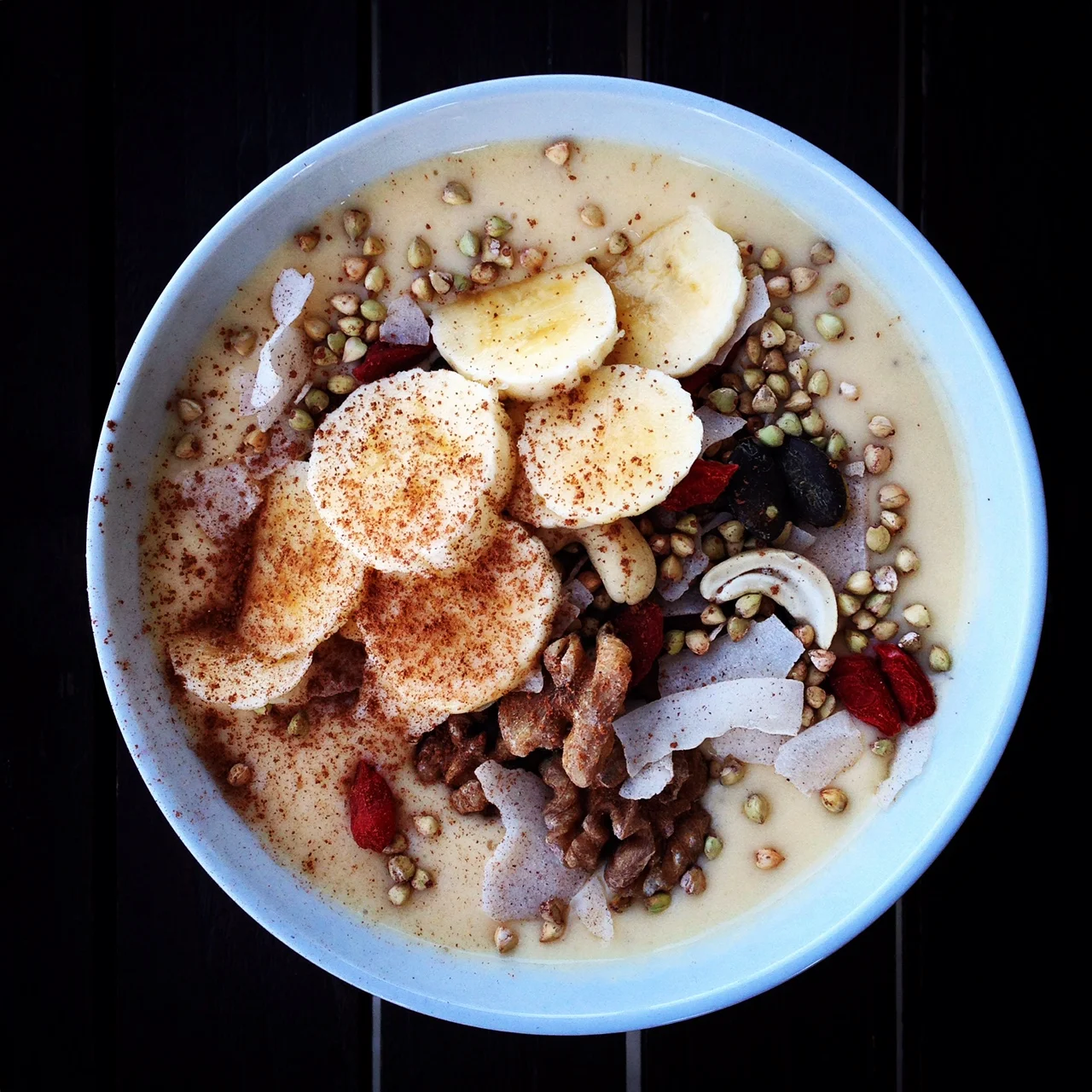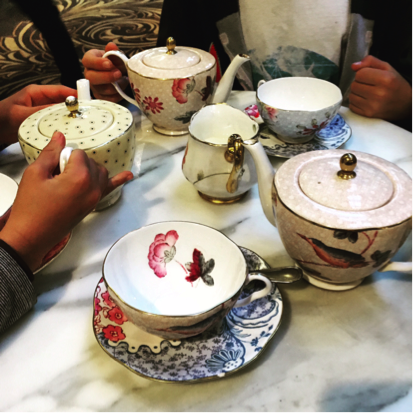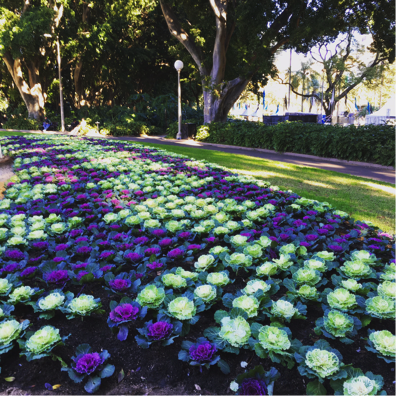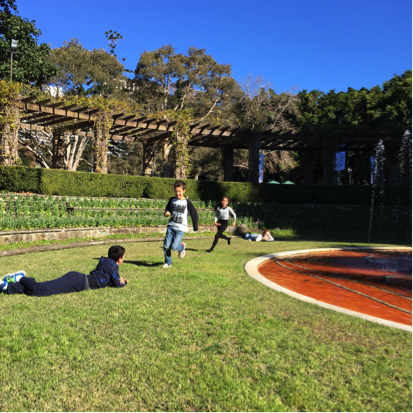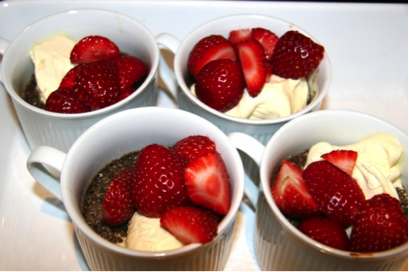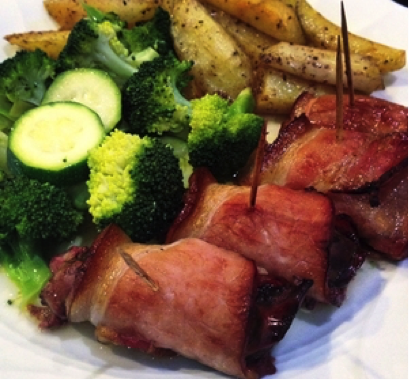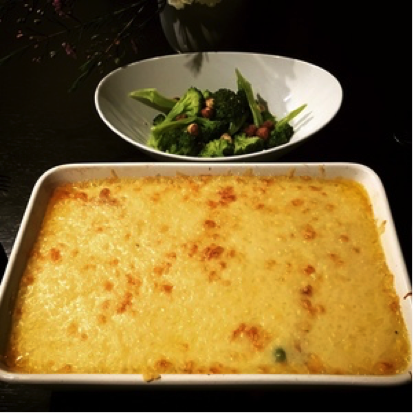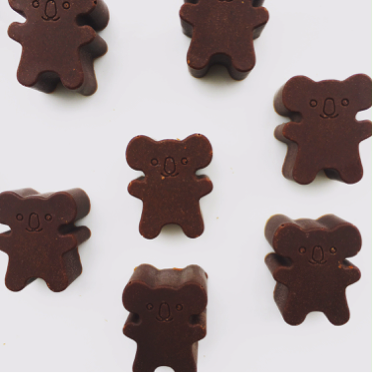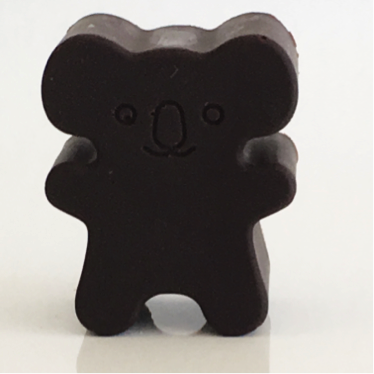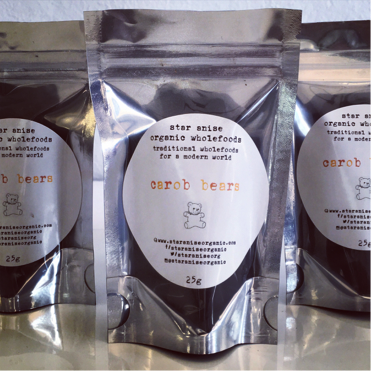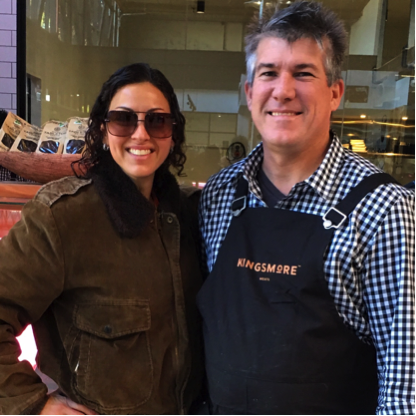A new raw (unpasturised) milk recently hit the Sydney market that is allowed to be sold for consumption purposes. Currently raw cow milk is prohibited from being sold in Australia for consumption purposes. It can only be sold for cosmetic purposes e.g. Cleopatras bath wash. This new milk, produced by a NSW start-up called Made by Cow, is able to be sold for human consumption on the basis that it is ‘pasteurised’ not through traditional heat methods but through high water pressure. Approval from the NSW Food Authority involved a rigorous 2 year process.
I spoke at length to the producer Saxon Joye recently and asked him some tough questions:
Q. “What does the high pressure do to the enzymes and beneficial bacteria content of raw milk?”
A. The upshot is that they only test whether half a dozen or so specific pathogenic bacteria exist in their milk after high water pressurisation. Because they do not test for the presence or absence of beneficial bacteria or enzymes they can not say with any certainty what happens to them.
Now if high water pressurisation is powerful enough to destroy certain pathogens should they ever be present in raw milk, then one would presume (but can not be certain without any lab testing) that that process would also destroy at least some of the beneficial bacteria and even possibly enzymes. Saxon conceded that that is probably the case in respect of beneficial bacteria and could not say what the position was regarding enzymes. And that is my concern.
So on the basis this high new high pressure processed milk presumably does not contain as many beneficial bacteria and possibly enzymes as completely raw milk, it would not on that basis be as health promoting as a completely raw cows milk that has not been treated or processed in any way. However, Australian law forbids me for recommending the consumption of a truly raw unprocessed cows milk. What people do in their own homes is, of course, up to them.
Q. What are the cows eating?
The cows are fed exclusively grass except when they are being milked when they are fed grains (wheat and barley). Note- This is not dissimilar to Cleos.
Q. Are any petro-chemical fertilizers used in the soil?
A. No
Q. Are the cows administered antibiotics?
A. No they are not routinely administered antibiotics. If they are given antibiotics, that cow’s milk is discarded.
Q. Is the plastic bottle the milk comes in BPA-free and food grade?
A. Yes.
In summary…
I think this new milk definitely is a far healthier alternative to your standard heat pasteurised cows milk that most people are drinking which heats the milk to such high temperatures that ALL enzymes and beneficial bacteria are destroyed. This new cows milk is also unhomogenised and for that reason alone is far healthier than your standard pasteurised and homogenised milk. Homogenisation is a very outmoded concept that forces fat molecules to be evenly dispersed throughout the milk through a chemical process to avoid us lazy Westerners from simply shaking the bottle. Fat naturally rises to the top of protein so that’s why raw milk naturally has a layer of cream on the top. Ask your grandparents or even parents and they will tell you that’s how they found their milk in days gone by. All you need to do is shake the bottle to evenly disperse the cream throughout unhomogenised milk.
Secondly I think that this is a terrific product for food and beverage businesses (like mine) to use in their commercial kitchens for recipes incorporating milk. Because Australian law forbids me to use raw milk like Cleos in my business, I now have a legal alternative that I could use if I wanted to offer, for example, hot drinks or smoothies made with dairy.
In terms of the taste, I couldn’t really tell the difference between this new product and Cleos (note that I can only recommend Cleos for cosmetic and not consumption purposes so taste testing was at my risk).
This new milk, while more expensive than Cleos, does have a longer shelf live (21 days).
For these reasons I commend Saxon for his commitment in bringing this product to the Australian market. I definitely think it will provide Australians with a healthier choice for dairy milk than any of the pasteurised milks on the market.
For more information about the high water pressure process read this article.




